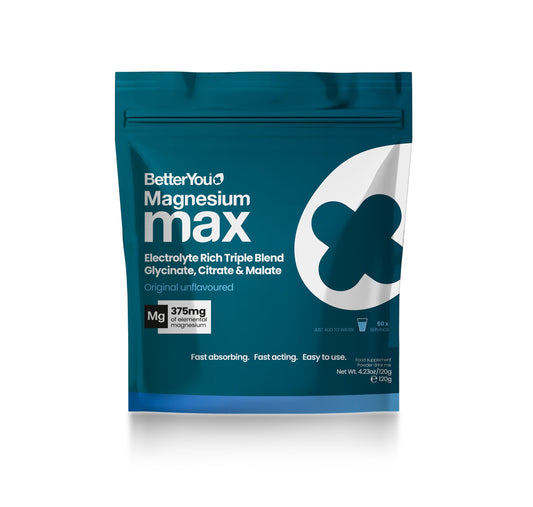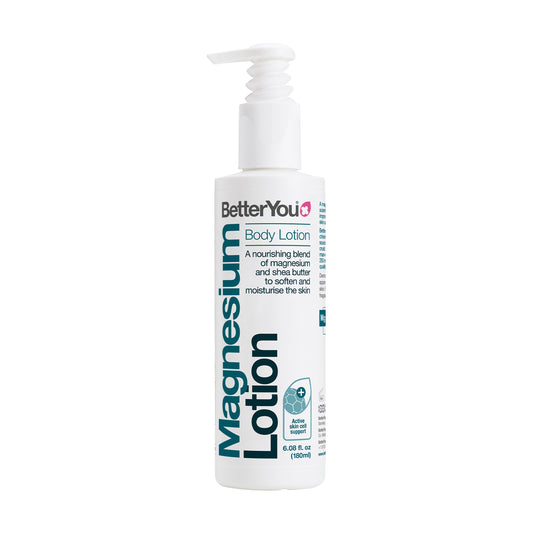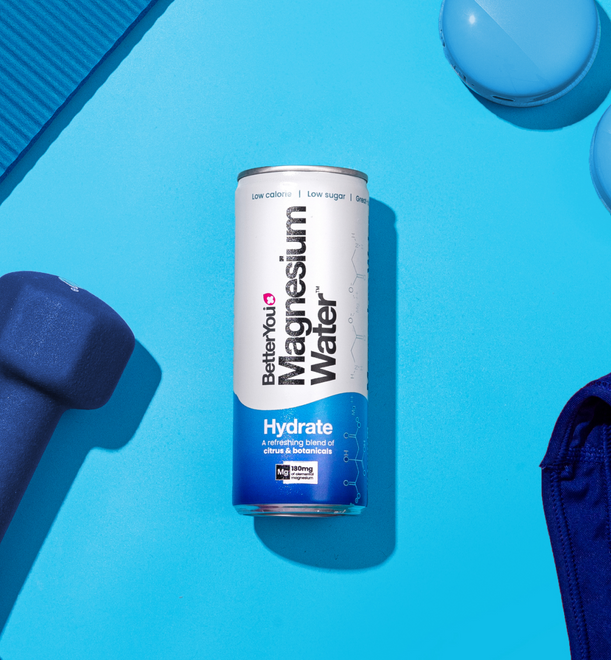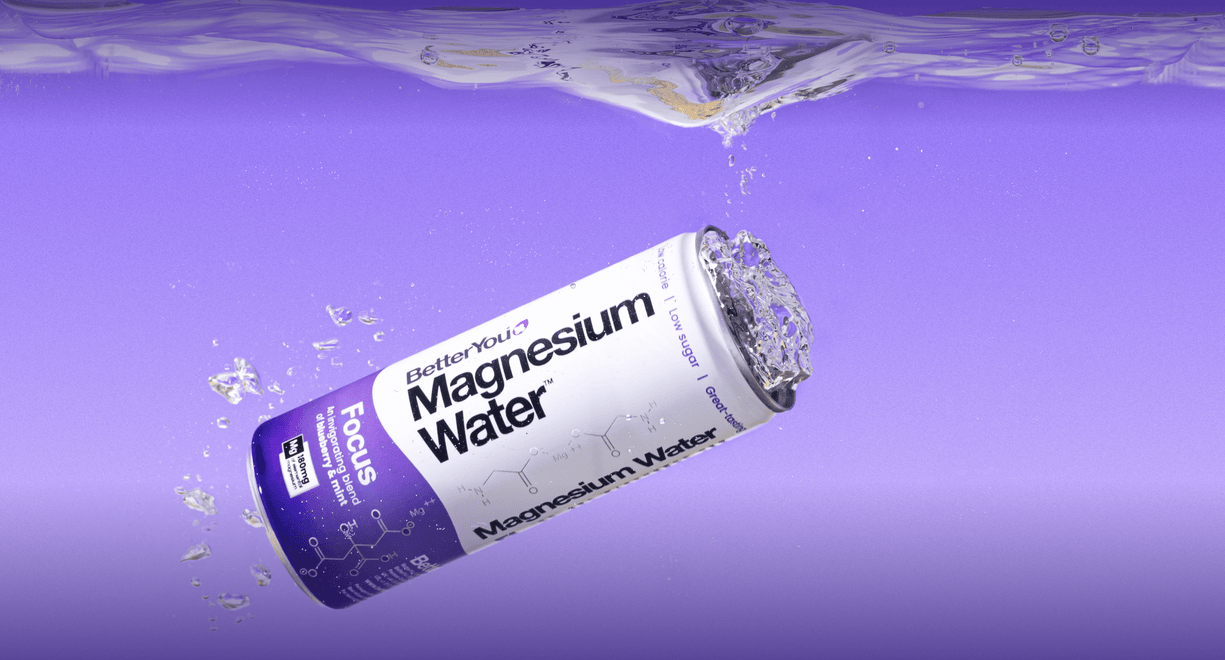If you are a breastfeeding mother, you know that breast milk is the best source of nutrition for your newborn baby. Improving the health and wellbeing of both mum and baby it has been estimated that breastfeeding reduces the risk of obesity compared to feeding formula.
With authorities worldwide recommending that infants are breastfed for at least the first six months of life to achieve optimal growth, development and health we are looking at the top six nutrients to boost health, for mum and baby, during lactation.
6 Nutrients for Breastfeeding & Expectant Mums
Vitamin D
Also known as the ‘sunshine vitamin’, vitamin D is crucial in the body’s absorption of calcium which helps to build baby’s bones and teeth. Some good sources of vitamin D include fortified or fat-free milk, fortified orange juice, egg yolks and salmon.
The NHS suggest that everyone, including pregnant women and women who breastfeed, should consider taking a daily vitamin D supplement to counteract not only the lack of sunshine in the UK but also our increasingly indoor lifestyles and processed diets. As human breastmilk is known to be a very poor source of vitamin D it is recommended that all breastfed infants receive a supplement with the latest report from the Science Advisory Committee on Nutrition (SACN) recommending that breastfed infants up to 12 months of age should receive a daily supplement containing 8.5 to 10µg of vitamin D (340-400 IU/d).
Calcium
Not only does calcium contribute to the formation of healthy bones and teeth. This type of mineral is also responsible for the healthy functioning of the circulatory, muscular and nervous systems. Good food sources of calcium include low-fat dairy, spinach, calcium fortified orange juice and cereals.
Calcium is important during breastfeeding as it can affect the mothers bone mass. During lactation the growing baby’s increased need for calcium is drawn from the mother’s bones meaning women lose a small percentage of their bone mass, ultimately putting them at greater risk of fractures and osteoporosis in later life.
Vitamin B12
During foetal development the foundations for the brain, nervous system and general health are laid. Vitamin B12 plays an important role in all these functions as well as in the formation of baby’s red blood cells. Therefore a deficiency at this time can have long term consequences. For mum, sources of this type of vitamin include lean meats, poultry, fish and fat-free or low-fat milk.
Human breast milk contains almost exactly the same amount of vitamin B12 as the mother’s blood, so it is important for mum to ensure she not only gets enough of this vital vitamin for herself, but enough for baby too. There is significance placed on vegan and vegetarian breastfeeding mothers as plant-based sources of vitamin B12 are poorly absorbed by the body, increasing the likelihood of deficiency.
Iron
Many women are known to become anaemic during pregnancy and after childbirth due to the blood loss experienced and their increased nutrient needs. Iron deficiency anaemia can produce feelings of tiredness and heightens the risk of infection. To prevent this, increase intakes of meat, green leafy vegetables and lentils or consider taking an iron supplement.
A baby’s body typically absorbs iron better through breastmilk than from other sources because it also contains vitamin C to help with absorption through the digestive system. When healthy and carried to full term, newborn babies have enough iron stores to last for at least their first six months of life. With iron requirements increasing after 6 months of age, it is important to include iron-rich foods in the diet.
Magnesium
Due to modern diets and lifestyles many nutrients are increasingly under represented or omitted, magnesium is one of these nutrients with seven in ten of us suffering from low levels. Increase your magnesium intake with foods such as green leafy vegetables, nuts, grains, meat and fish.
Magnesium plays an important role in the deactivation of adrenaline, which is a stress hormone that interferes with the production of breast milk. For this reason, it is important to keep stress levels low while breastfeeding. Magnesium supplements are made from a pure form of magnesium chloride known as Zechstein magnesium.
Zinc
Essential for skin health, immune function and optimal reproductive health as well as growth and proper development there is an increased need for zinc during lactation to meet baby’s needs. Sources of zinc include zinc supplements, meat, avocado, pomegranate, nuts and seeds.
During breastfeeding nutrients are derived from maternal stores, therefore risk of deficiency is increased if mum has poor zinc levels going into pregnancy or breastfeeding. If appropriate levels are maintained breast milk should provide enough zinc for the first four to six months of baby’s life.
Remember breastfeeding is the foundation to lifelong health for babies and mothers so please consult your GP if you are concerned about nutrient deficiency. Alternatively, you can find out more about postpartum health nutrients to support recovery, as well our top tips for a healthy pregnancy.



















